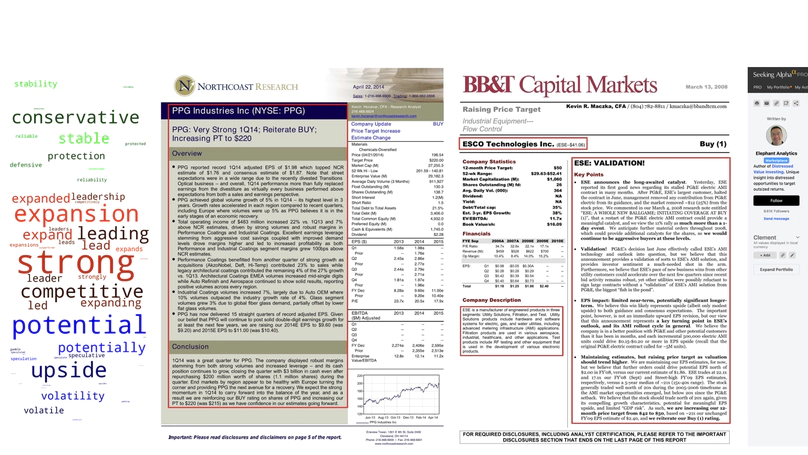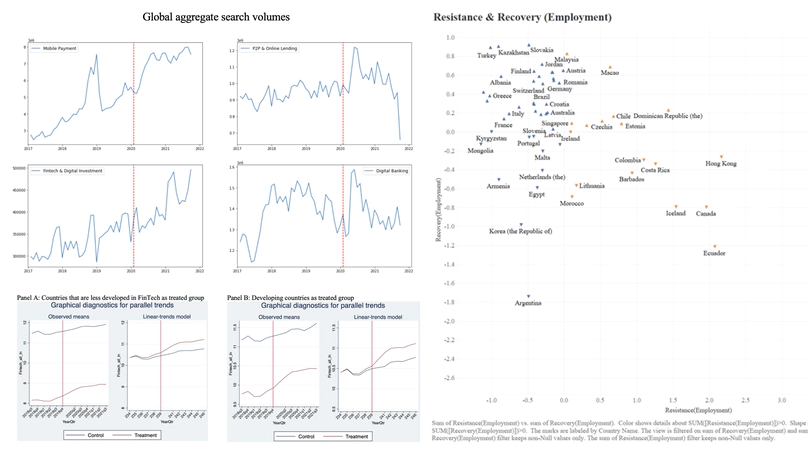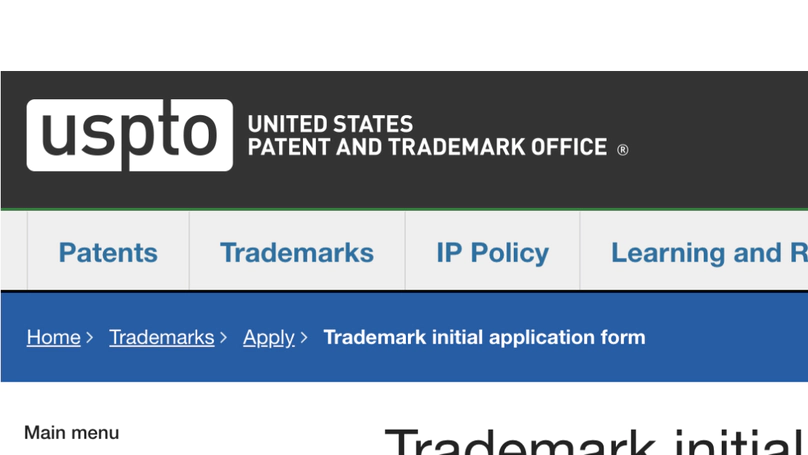Zhuozhen Peng
Assistant Professor
School of Accountancy
Central University of Finance and Economics
Biography
Welcome! I am currently an Assistant Professor at Central University of Finance and Economics. My research interests include investor behavior, corporate finance, and financial analysts. I am especially interested in investigating information embedded in unstructured financial data to find out what affects market participants’ decisions and behaviors.
- Behavioral Finance
- Empirical Corporate Finance
- Financial Analysts
- Social Media
- Fintech
Ph.D. in Finance, 2018 - 2023
Nanyang Technological University
Master of Finance, 2015 - 2016
University of California, San Diego
Bachelor of Economics, 2011 - 2015
Southwestern University of Finance and Economics
Skills
Python, Stata, SAS, MATLAB, Tableau
StockTwits, Seeking Alpha, TipRanks, Yahoo Finance, Morningstar, EDGAR, NASDAQ, etc.
Textual Analysis, Transformer-based Models
NTU Research Scholarship, Southwestern University of Finance and Economics Academic Scholarship
Job Market Paper

Our paper examines analyst reports and online stock opinion articles, which recommend that investors buy stocks that, based on prior literature, trade at comparatively high prices and earn low future returns (“short-leg securities”). We conduct textual analysis and test whether the justifications provided in these buy recommendations primarily (1) emphasize a stock’s safe-haven quality, (2) indicate general investor exuberance, or (3) highlight a stock’s lottery-like features. We find that the buy recommendations mostly emphasize stocks’ lottery-like characteristics. We subsequently validate our text-based inferences through a one-time survey of institutional investors and retail investors with long positions in short-leg securities. Overall, our results suggest that perceived lottery-like features play a material role in explaining why investors invest in stocks that reside in short legs of anomalies.
Working Papers

This paper examines the relation between financial technologies (Fintech) and countries’ economic resilience from COVID-19 around the world. Measuring the demand for Fintech services using Google search volumes of high-frequent Fintech-related phrases, we document that developing countries and those with underdeveloped Fintech industries exhibit more significant Fintech demand surges during the pandemic. Moreover, stronger Fintech is positively associated with GDP growth and negatively related to unemployment rates. We develop a comprehensive economic resilience measure to capture both the speed and strength of economic resistance and recovery in response to the pandemic shock. Our analysis reveals that Fintech can serve as an essential enabler and accelerator of economic growth, contributing to economic stability and resilience from the global health crisis.

This paper examines the relation between newly registered trademarks and different types of institutional investors. The results show that firms with more diversified institutional ownership are associated with larger numbers of new trademark registrations. This positive effect of diversified institutional ownership is more pronounced under the following conditions: when diversified shareholders are more effective in their governance, when CEOs have fewer incentives to take risks, when CEOs are less entrenched, and when firms operate in a more productoriented and competitive environment. This study further shows that diversified institutional investors tend to promote new product development that focuses on existing businesses rather than expanding into new segments, and they are inclined to register more trademarks that contain common words overlapping with their existing trademarks. Whereas firms with higher levels of under-diversified institutional ownership tend to generate trademarks of lower economic quality. Taken together, our analysis reveals the important role of diversified institutional ownership in shaping firms’ trademark activities.